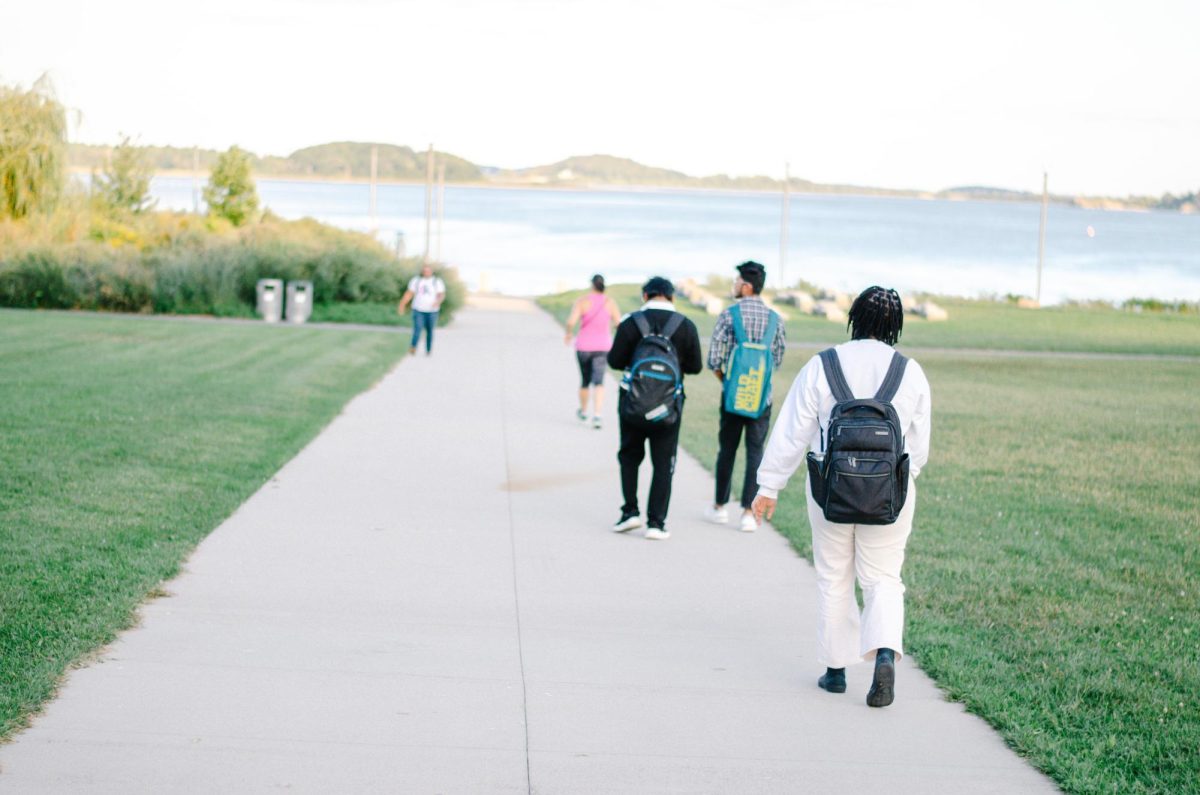The sun is starting to set earlier, and the temperature is steadily going down. As coursework starts to get harder and we spend more time studying for exams, we naturally find ourselves staying inside longer.
In the colder seasons, it’s easy to stay indoors and only leave home for school and work — especially when we think of the summer as the prime time to socialize. However, it isn’t the only time of year when getting together with friends is fun and beneficial.
College is a social environment, and is enriched by its diverse community of students. Types of social interaction can vary, but it’s important to remember that simply spending time with others is powerful. Isolation has proven to be harmful to humans, often resulting in a negative impact on mental wellbeing.
According to the American Journal of Health Education, feelings of loneliness and isolation have been climbing in the past decade and were especially exacerbated after the COVID-19 pandemic. With shorter days and colder weather approaching, it’s easy to be overwhelmed by any negative emotions. Things can snowball quickly into more severe mental health issues, like depression and anxiety.
This is why it is important to make sure you reach out to friends. Seasonal depression is a real issue, and it’s vital to have strategies that counter these challenges. I believe that this is possible through finding and maintaining community.
Going out might seem less appealing in the winter, but the act of interacting with others is still just as important. Thankfully, being in college makes this task much easier.
UMass Boston has a variety of events around campus which still run in the colder months. Opportunities like these can help students feel a sense of community when they’d otherwise be feeling alone. Whether it’s joining a faculty reading or getting pizza from a student engagement event, there are many chances to connect with your fellow students.
For some, big events may be more socially draining rather than energizing. This is why meeting up with in small groups might work better for you — I’ve done this by joining some friends on couches around campus or spending time with them in their dorms.
Often, these sessions involve discussing our academic struggles or venting about how difficult exams are. Sometimes, we’re just looking for a chance to decompress from the intensity of school, and we find peace in being with each other. Regardless of what we do, the important part is allowing the connection to take place.
Doing this has helped me realize that friends add the necessary warmth to help push through Boston’s chilly winters.
We can still keep our priorities straight while remembering that having meaningful connections with others is essential. Keep your community close during these next few months, because it will do more for your mental health than you even know.


